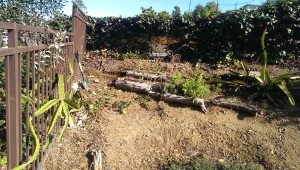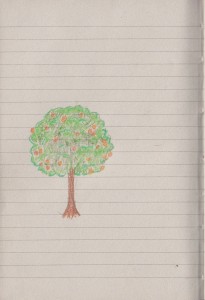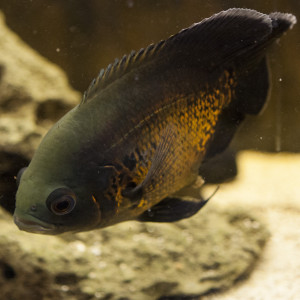“Resort Garden” tour on YouTube
Often ti mes being a “Stay at home, Dad” means making sacrifices because there are simply not enough hours in the day to get everything done. Actually, a more accurate statement is, ‘ there are simply not enough hours in the day to get everything done without your neighbors thinking that you are crazy.’ If it was not weird, I would probably plug in my work light and garden into the night. Since it is, the alternative is to skip on a breakfast outing and instead stay behind and work in the garden.
mes being a “Stay at home, Dad” means making sacrifices because there are simply not enough hours in the day to get everything done. Actually, a more accurate statement is, ‘ there are simply not enough hours in the day to get everything done without your neighbors thinking that you are crazy.’ If it was not weird, I would probably plug in my work light and garden into the night. Since it is, the alternative is to skip on a breakfast outing and instead stay behind and work in the garden.
With no interruptions, I was able to create a few more planting plots by terracing the Resort Garden. I am very excited about the seeds that were sowed as a result: sun flowers, collards, brussel sprouts, marigolds, Thai basil.
Be sure to check out the video tour of this space!
 For anyone interested in growing fruit tree(s) and anyone interested in how their fruit is grown.
For anyone interested in growing fruit tree(s) and anyone interested in how their fruit is grown. Meet “Roc,” the red oscar cichlid. He is the latest Garden Pals member; and eats like a very hungry caterpillar. In fact, his favorite snacks are very hungry caterpillars. A very eager feeder, he wastes no time waiting for his meals to hit the water. Often he will leap out of the water and help himself. (See video below.)
Meet “Roc,” the red oscar cichlid. He is the latest Garden Pals member; and eats like a very hungry caterpillar. In fact, his favorite snacks are very hungry caterpillars. A very eager feeder, he wastes no time waiting for his meals to hit the water. Often he will leap out of the water and help himself. (See video below.)